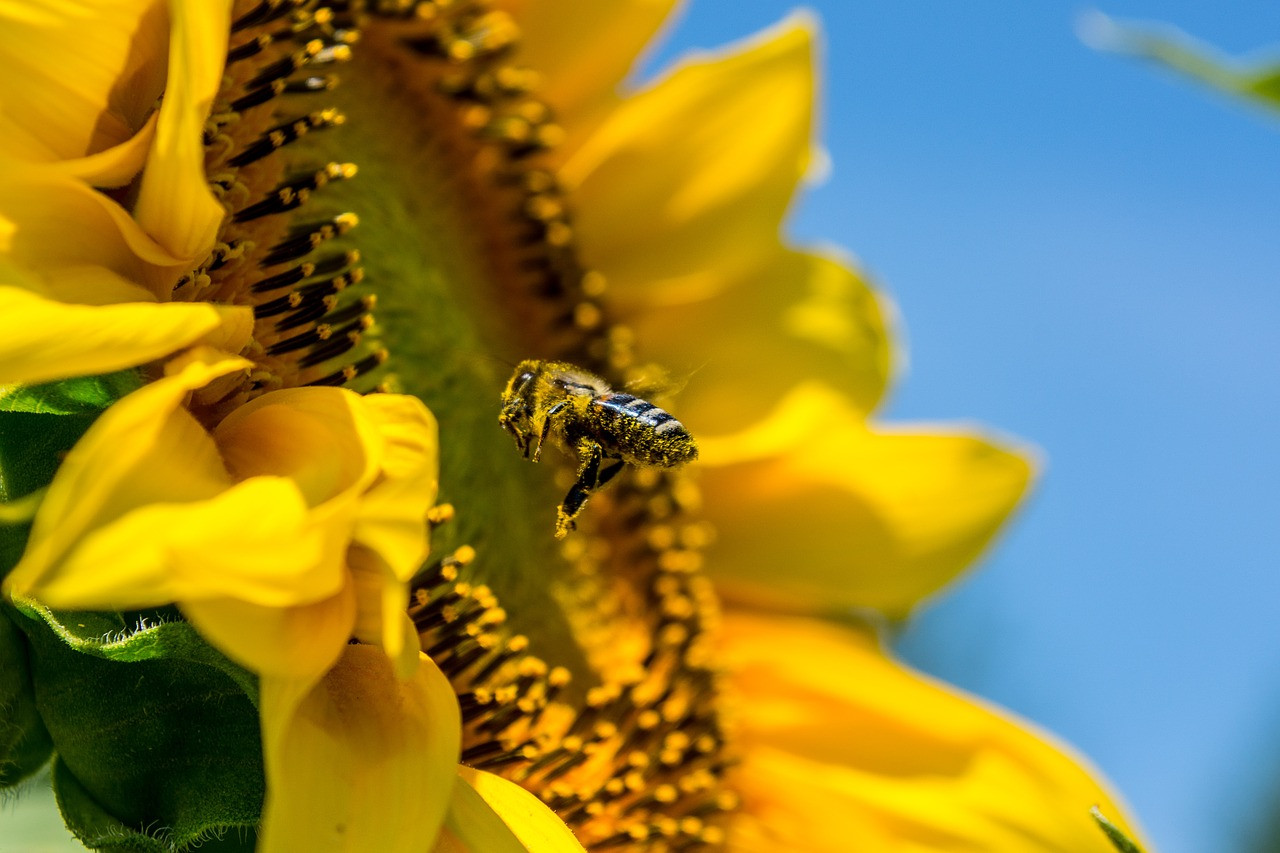Bee populations continue to decline drastically across the world, threatening the sustainability of many ecosystems. Faced with the emergency, alternative solutions already exist: among these, mechanical pollination.
Currently, global food security relies on the action of pollinating insects, and more particularly bees. 75% of crops used for the production of seeds or fruits allowing the production of food for humans depend on these precious hymenoptera. While bees are threatened with extinction by anthropogenic activities, many alternative solutions have been considered in the past: bee robots, hive monitoring solutions or brush pollination by humans, there is no shortage of ideas. The agricultural industry is seeking to curb this growing threat. Solutions, of course, which do not solve the problem of the disappearance of bees at the source.
BloomX: the technology that mimics bees
BloomX is an Israeli company that develops solutions to mimic the mechanical action of bees when they pollinate crops. The company does not claim to replace bees, but rather sells a complementary system to farmers. A solution that would help reduce producers’ dependence on domestic or wild bees.
This one is called Robee and at the moment it works on blueberry and avocado crops. Like a lawn mower, this machine can be pushed between crops. Equipped with mechanical arms, the robot makes the plants vibrate (like the beating of bees’ wings) to make the pollen fall. This is then collected by another tool, Crossbee, which is then used to disperse the pollen in the right place. These machines powered by AI are already used all over the world: Spain, the United States, South America, Israel and even South Africa. According to BloomX, their use would improve the yield of avocado crops by 30%.
Edete: precision pollen storage and application
Another Israeli company, Edete, also works to save bees, but focusing on another aspect: pollen storage. This is very fragile and requires perfect storage conditions to be preserved. Edete therefore succeeded in developing a solution so that it could be kept secure for several years.
At the same time, the company has also developed a machine capable of collecting precious pollen at the most optimal time in the plant’s cycle. It also determines the most appropriate time for the flowers to be fertilized. Two technologies that could be applied to many crops: almonds, pistachios, apples or cherries. According to Edeme CEO Eylam Ram, this would allow bees to concentrate on pollinating the crops to which they are naturally most adapted.
It is clear that these technologies only represent measures to mitigate the problem of pollinator disappearance. They will not resolve the threat factors at source: use of pesticides (particularly neonicotinoids), pathogens (Varroa destructor, a mite harmful to bees for example), fragmentation of natural habitats or abusive practice of monoculture. On the other hand, they contribute to pushing back the deadline, but for how long?
Source : BBC

21